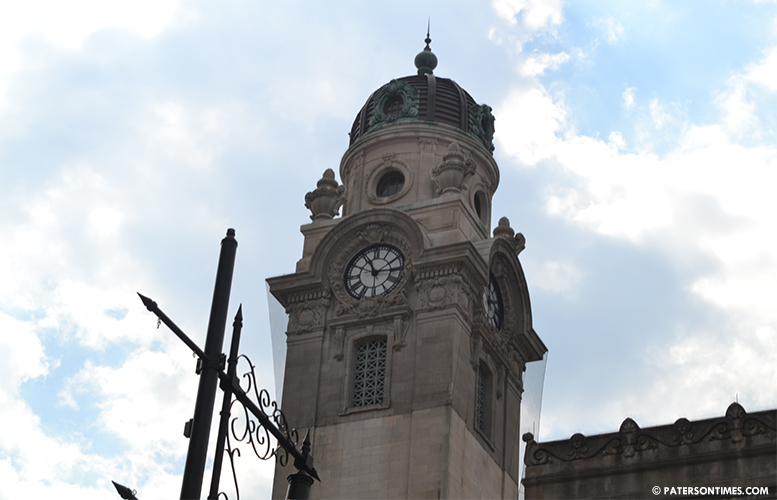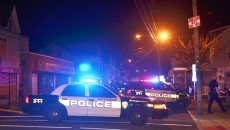The city’s proposed municipal identification cards will not be accepted as a primary form of identification at banks, according to at least two large banking institutions that serve the Silk City.
Mayor Jose “Joey” Torres’ administration’s proposed municipal identification card program before the city council promises better access to financial institutions for residents. “Paterson Municipal Identification Card may make it easier for all residents to participate in local and regional commerce, by facilitating the opening of a bank account, establishing credit, and accessing loans and the housing market,” reads the resolution which is up for a vote tonight.
“Federal regulations require a social security number to open an account, and therefore, the cards are unacceptable as primary ID since they can be acquired without that number,” said Judith Schmidt, a spokeswoman for TD Bank. “Right now, TD Bank gladly accepts New York City Municipal Identification Cards only as secondary ID for any transaction at our New York City stores.”
“We are pleased to accept municipal IDs as a form of secondary identification, making it easier for customers to meet the requirement. However, we are unable to accept it as a form of primary identification at this time,” said Kevin Friedlander, spokesman for Wells Fargo. He said to open a bank account requires driver’s identification, passport, green cards, or other similar primary forms of identification.
Mayor Torres disagrees. He said once the resolution passes through the city council his administration will be able to partner with banks to improve access to financial institutions.
“I’m quite sure the banks we do business with will join our endeavor,” said Torres mentioning TD Bank. “I talked directly with the president of the bank. TD is one of our banks. I doubt they would not join us in validating our ID.”
The mayor also found fault with his municipal identification card program being described as something that will benefit undocumented immigrants. “This is not. This is for all municipal residents,” he said.
If approved by the council the program will allow undocumented immigrants to obtain municipal identification cards for free from the city’s health division, according to health director Donna Nelson-Ivy and law director Domenick Stampone.
Stampone described the program as a “humanitarian” endeavor when it was being scrutinized by at-large councilman Kenneth Morris last week. Morris did not favor the program because it would benefit out-of-town vagrants who loiter and panhandle on major thoroughfares.
“I’m not too sure why they wrote it that way,” said council president William McKoy when told the resolution states it will improve residents’ access to financial institutions. He said the intent of the program is to provide access to social and library services to individuals who may be denied due to lack of identification.
The identification card program though has real benefits when it comes to public safety. The resolution states that individuals without identification cards fear reporting crime or cooperating with police.
“Those who lack a valid form of identification are also afraid to report labor and housing violations, such as blighted properties, slum landlords, and workplace health, safety, and wage violations,” reads the resolution.
Council members Alex Mendez and Julio Tavarez have expressed support for the measure largely due to the benefit it will result for undocumented immigrants. Mendez has said the city has a large population of individuals without paperwork who will benefit.
“I’ve got some questions and some doubts,” said Andre Sayegh, 6th Ward councilman. He said he wants to know how this will assist in better counting residents for the next U.S. Census.
Sayegh said he is also concerned about the cost of the program. “Can the board of health accommodate all the people looking for service?” he asked. He suggested the library may be the better place to run the program.
Nelson-Ivy told council members the program will cost $7,000 to $13,000 to run.
The program has stoked controversy among council members and residents. The council has twice put off the measure. Prominent city resident Michael Symonds urged council members to put off a vote on the program.
“There may be significant and unintended consequences. I would therefore urge you to table this so that the matter can be thought out very carefully before proceeding,” wrote Symonds.
“I’m going in with an open mind,” said Sayegh.
Email: [email protected]



